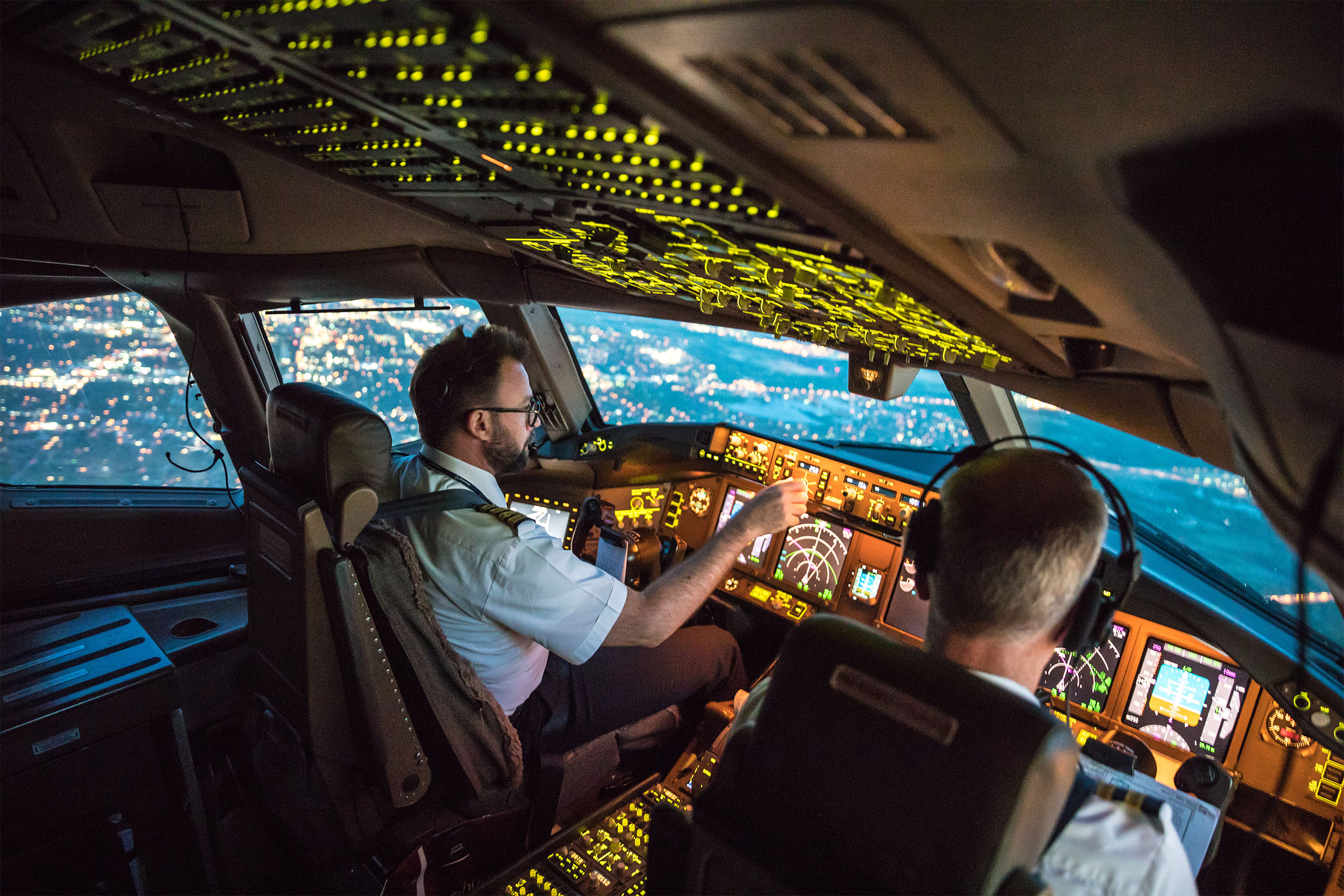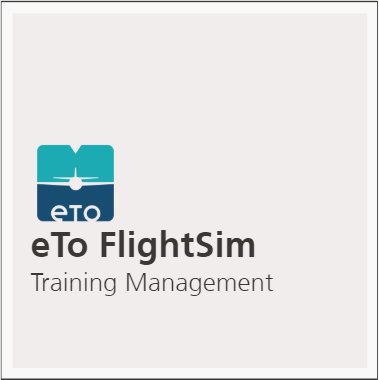Flight Simulator Training: My wish list as Trainee, Instructor, and Designer

Guest post by Alain Heddebaut, Retired Captain and Flight Instructor
Over the past few decades, enormous progress has been made in developing more and more advanced flight simulators. In parallel, training methodologies also evolved. Instructors are better trained and the training programs are better adapted to the operators’ environment.
The result is that today flight simulators are the cornerstone of flight crew training with indisputable results.
But nothing is static and things will keep evolving.
During my career, I had the opportunity to see all the facets of simulator training. As an airline pilot for more than 30 years, I spent hours in the simulator as a trainee. But I also worked many years as an instructor conducting training and I participated in the definition, creation and updating of training programs.
In this blog post, I will review simulator training from these different perspectives and share my views and ideas on what could be done in the coming years to improve an already very efficient system. Some of these ideas are quite prevalent in the industry and possibly implemented in some shape or form already, but may still need further evaluation.
As trainee…
I have the feeling that many pilots would like to get more feedback on their performance from flight data monitoring. This would help in identifying possible areas where their performance is not optimal. Typical interesting benchmarks would be average stabilisation height in approach or average touchdown down the runway. In many cases, pilots could use that information to self correct or they could share that information with the instructor during simulator training.
As instructor…
I think that tablet devices could be used to a much greater extent to help reduce instructor workload. The tablet should be able to:
- Handle all the administrative tasks. The instructor should not have to use multiple tools or enter the same information several times or spend precious time filling out paperwork.
- Help deliver training by providing:
- clear explanation of the training program with links to all relevant sources of information
- time awareness and automatic feedback in real time, enabling continuous updates to the session’s timeline
- direct communication with simulator systems to input session data (weather, position…)
- easy note taking, analysis, and grading
The instructor should also get more objective data about the trainees’ performance, especially for handling. This could be used for monitoring a pilot’s inputs on the flight controls to detect over-control or wrong rudder/brake inputs. Some maneuvers could even be automatically assessed. Instructor’s remarks are always better accepted when they are supported with objective facts.
Another difficult task for the instructor lies in grading the trainees. Instructors regularly follow refresher trainings where they practice grading exercises.
In this scenario, benchmarks could be provided to see how an instructor compares with the group.
As session designer…
It is only after working as a session designer that I realised how time consuming that task can be.
Today, training programs are often written in Microsoft Excel or Word. The designer must collect information from many different sources to know what malfunctions, runways, approaches, etc. can be used in the session.
He must also evaluate timings and make sure that the session contains all the required maneuvers. And once published, the session must be updated regularly for changes in ATC procedures or simulator malfunctions. I am sure that a well-designed software application could simplify this process and save precious time.
and finally, as a “trainee” blog writer…
I hope that you found this blog post interesting and that you will want to share your ideas and reactions in the comments below.
Contributor

Alain Heddebaut
Technical Advisor, Cavoksoft
Alain is a retired Captain and Flight instructor.
He flew for several airlines and spent 10 years in Toulouse with Airbus Training. He is now working as advisor for a software company developing innovative solutions for flight and cabin crew training.


